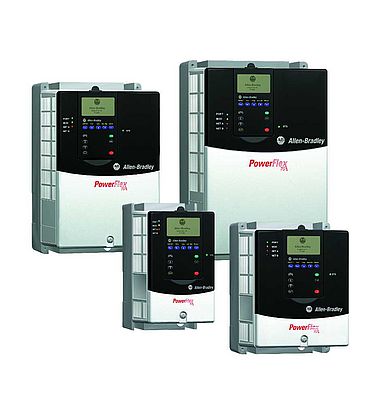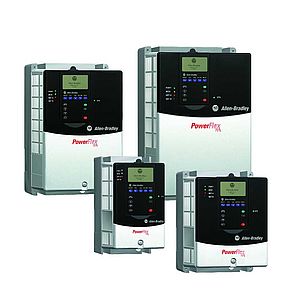The installation of a new production line has been completed for Kraft Foods Cadbury plant in Port Elizabeth, South Africa as part of a drive to upgrade production facilities at this plant.
Kraft Foods Inc. is a leading multinational confectionery, food and beverage conglomerate. It markets many brands in more than 170 countries. The Kraft Foods Cadbury plant in Port Elizabeth, South Africa wanted to eradicate the supply of any end-of-life or outdated equipment in its facility, and required line equipment that was easier to integrate and would mitigate as much ‘on-cost’ as possible.
“Kraft Foods uses various evaluation criteria in its machine builder (OEM) selection process, such as equipment design, manufacture and supply, but it insisted on all machine builders standardizing to Rockwell Automation technology and conforming to compiled specifications,” explains Grant Watkins, Account Manager Eastern Cape, Rockwell Automation.
Rockwell Automation, in conjunction with the Global Process Technical Consulting (GPTC) team, assisted the client and local system integrators in drawing up specifications for the new line, which consists of 97% Rockwell Automation products.
The Allen-Bradley equipment includes CompactLogix with PanelViews, all I/Os on Ethernet, PowerFlex 70 drives – chosen for its versatility and flexibility -, Ethernet switches and normal switchgear. The line consists of several controllers, including a CIP (cleaning-in-process) controller, which, as the product contains milk products, is essential. The installation of safety equipment includes safety relays, switches, as well as two-way controls.
“The equipment we chose for the new line falls into the ambit of our Integrated Architecture strategy, which allows machines to communicate seamlessly, even if they are supplied from different machine builders. We are especially pleased at having sold the company its first FactoryTalk View SCADA. Kraft Foods was familiar with the machine edition (ME), but not the site edition (SE),” says Watkins.
With the FactoryTalk View SCADA, there is no need for manual mapping as tags are available automatically. This helps reduce engineering hours and the risk of human error. In addition, the equipment is easier to use and the client has access to reporting tools that integrate seamlessly and save on development time.
The new generation equipment is time and date stamped to allow for accurate analyses of events. “With older systems, there are always time delays between receiving error messages and many alarms may sound at the same time, which complicates troubleshooting,” says Watkins.
The line was designed to be operational seven days per week to keep up with production demands. The automation of the new line allows a much faster production process, which will help manage the volume demand.
Installation of the new production line commenced in October 2010 and was commissioned by the end of February 2011.



















